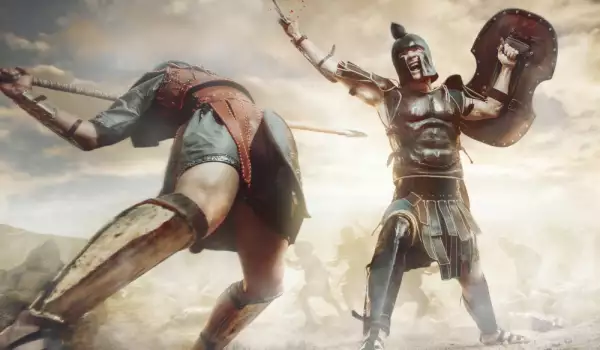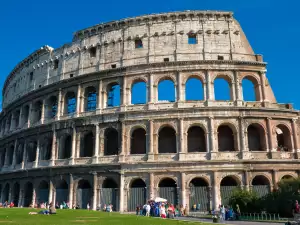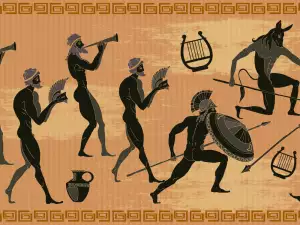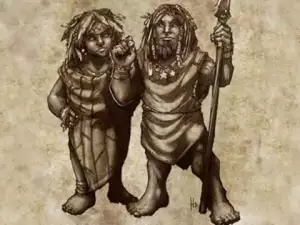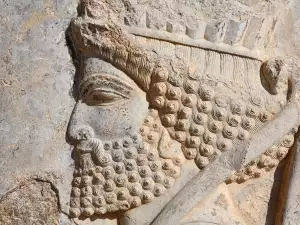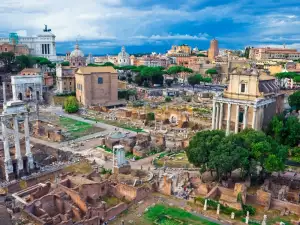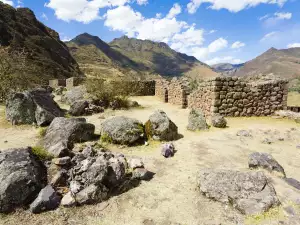Besides their skill in battle, the ancient Spartans were also known for their way of life and culture that differed completely from the rest of Ancient Greece. The biggest difference was in the food they ate. Some scientists even claim that it was responsible for the renowned Spartan discipline, fury in battle and unwavering.
In Sparta, luxury was unheard of. Food for Spartans was a means of survival, not an item of individual choice. The entire population ate in mess halls, which in Ancient Greek were called "sistii" or "lunch clubs".
The method of food preparation was such that even an amateur cook today would probably pull their hair out. Each member of a sistii would bring a product they found in their home and put it in the same cauldron. The entire hodgepodge of ingredients was boiled and everyone sat down to eat together.
This system was established by the nearly mythical king Lycurgus, who wanted to bring the citizens of the city together against his many enemies. He set it up in order to maintain equality among the citizens, as well as to more easily control their lives. In the small collective, where everything was out in the open, the life of each separate individual depended to a great extent on the people around him.
It was strictly prohibited for a Spartan to come to the sistii already fed. Members of the lunch club watched each other eat and ridiculed those who didn't take a liking to the crude and disgusting food.
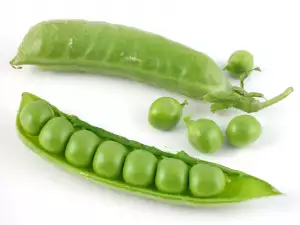
The most widespread dish in Ancient Sparta that had even the slightest semblance to any type of culinary custom was the so-called "black soup". It consisted of boiled pig's blood, seasoned with vinegar and salt. During the Peloponnesian War, an Athenian diplomat, after having tried the dish in question, exclaimed that he now understood why all Spartans wanted to die. The soup was vile to the taste and eating it was a real challenge.
Most food in Sparta was similar - heavy, without any extravagance. A common assortment was peas, beans, rye and oats. Spartan leaders believed that by giving this sort of food, that barely sated their warriors' hunger, would make them better prepared for an eventual war. Spartans believed that scarce food strengthened their young men, made them tougher, healthier and more beautiful.
